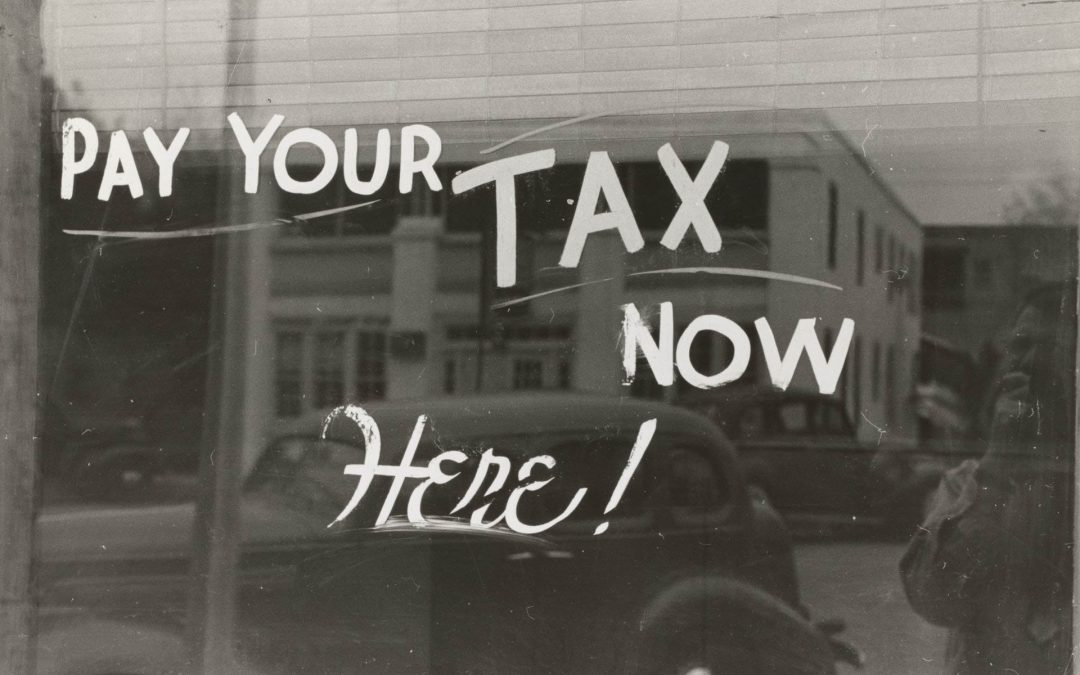Investment Property Management in Fayetteville, North Carolina, Who Should Pay Property Taxes
Investment property management in Fayetteville, North Carolina isn’t without challenges. Understanding the full cost of owning investment properties in Fayetteville, North Carolina is absolutely necessary when it comes time to figuring out your rental amount. Most Fayetteville investment property management companies simply use your mortgage as a guide to figuring out what your rental rate should be, or solely rely on the rental rate for comparable properties in the area. What this does, however, is ignore all of the expenses that go into managing your investment property.
One of the often overlooked expenses are property taxes. While having the tenant pay property taxes is common in commercial real estate, you hardly ever see this expense passed on to the tenant with residential investment property. As an investment property management company, we think it is always a good idea to consider your investment property as a cash flow asset, and to maximize the return by passing on the investment property taxes.
Triple N Costs in Commercial and Investment Property Management
In commercial real estate, you will typically see tenants make Triple N payments, in the form of a Triple Net Lease. You will see this written as NNN on the listing or in the lease. What this means is that the tenant is sharing in payment of the property taxes, repairs, or other building expenses. The landlord is essentially passing through the expenses incurred for owning the property.
In investment property management, you don’t find Triple Ns as much. In fact, you would be hard pressed to find them at all. This does not mean, however, that as an investment property owner in Fayetteville, that you can’t pass this expense on to the tenant.
One argument is that the tenant should be paying the taxes on the investment property because the tenant is occupying the rental full time. Conversely, there are those that argue it is the landlord’s responsibility to cover the taxes. No matter what side of the argument you are on, the taxes have to be paid otherwise you will end up with a tax lien against your investment property.
Additionally, investment property taxes are not a small figure like a sales tax, and add up over the course of the year, with the average investment property owner in Fayetteville paying thousands of dollars a year in property taxes.
How to Pass On Taxes in Investment Property Management
As a property investor, you can pass on the cost of property taxes, and it is not that difficult. From a practical standpoint, we don’t recommend you include payment of property taxes as a line item on the lease or addendum. Doing so will most certainly have your tenant looking for another rental property to rent in Fayetteville.
The more palpable way to pass on the cost of property taxes in Fayetteville is to include the taxes in your rental rate. There is nothing wrong or shady about this approach. There are many variables which are in place when figuring out the price for your rental listing, none of which are required to be disclosed to the tenant. In other words, the expenses don’t have to be itemized, and can just be built into the asking price.
The same is true when your investment property taxes are raised year after year. If there is a substantial increase that cuts into your profit margins, pass this on to the tenant.
And as you know, as a savvy investment property owner, you should also calculate your investment property management fees, and pass those on to the tenant if possible.
At the end of the day, your investment property management company in Fayetteville, North Carolina should always attempt to maximize the profits your property brings in. This fiduciary duty drives everything your investment property management company does, and provides a guideline for keeping you financially healthy.
The Team at Linchpin Property Management
